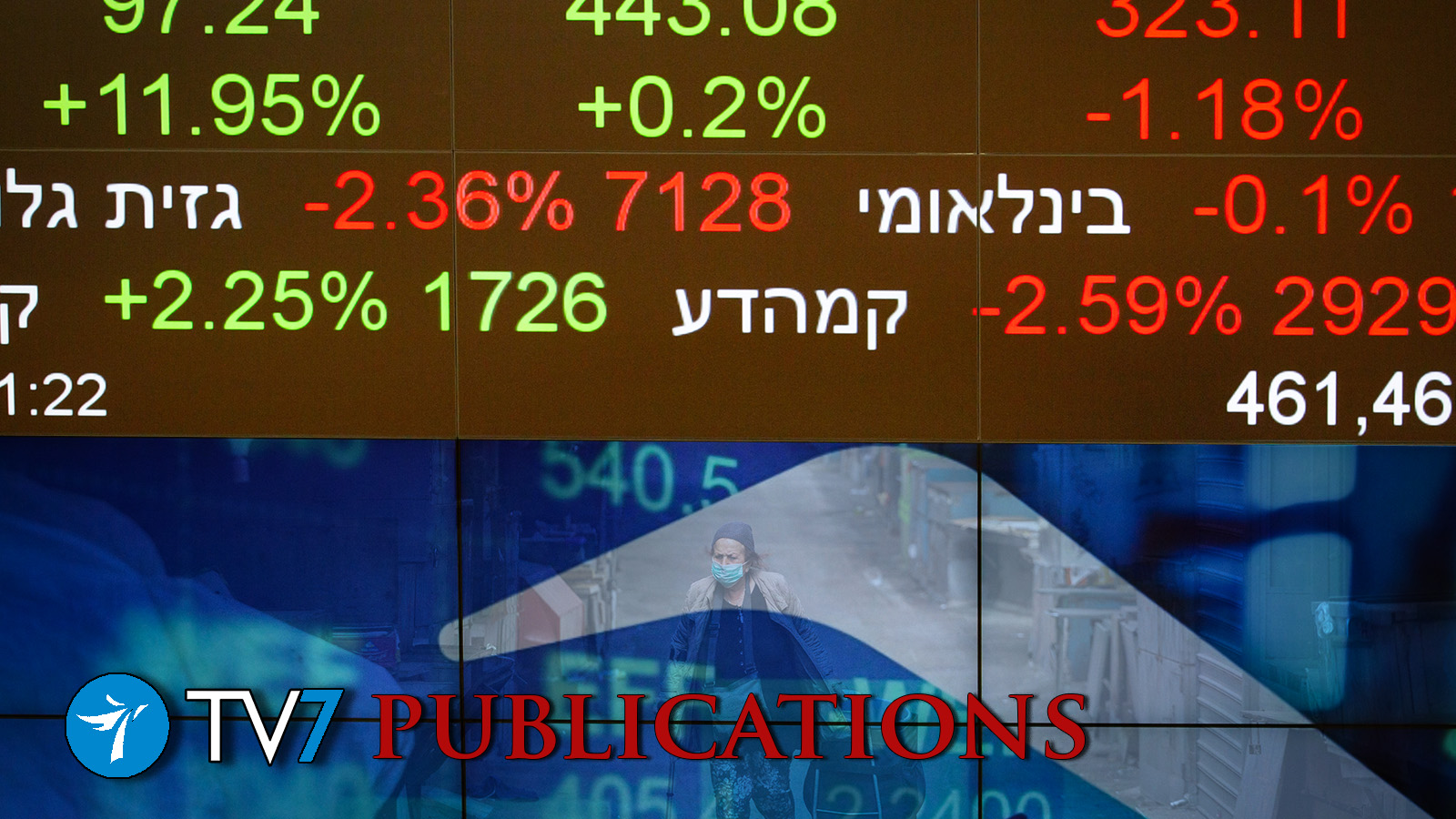By , Expert in international relations and lecturer at Tel Aviv University and at the Herzliya Interdisciplinary Center.
The spread of so lethal a virus on so wide a scale in so globalized an economy is unprecedented. Its impact is expected to be more ruinous than that of the 2008-2009 financial crisis.
The corona virus has spread to over 120 countries; the number of infected people (over 300,000 as of today) doubles every five days; and the number of victims now exceeds 14,000. The virus, which originated in China, has multiplied exponentially in countries like Iran and Italy.
The proliferation of the virus will continue to have destructive effects on the world economy. In February alone, the growth of China’s economy reached its lowest level since 2004. The Chinese economy is expected to shrink in March, a first since 1976. Some economists warn of a 10% decline in the GDP of rich economies in 2020 if the virus isn’t halted soon.
Blows to the world economy are already palpable. The Italian government has in effect shut down the world’s eighth-largest economy. The New York Stock Exchange has suffered its worst losses in a decade. Energy markets are being disrupted. By affecting world trade, the corona crisis has been lowering demand for energy, thus driving energy prices down and causing bankruptcies in energy-related industries. Countries whose income derives mostly from energy (such as Venezuela, Iran, and many African states) are suffering and will continue to suffer economically and politically.
Uncertainty and instability in financial markets will worsen and become a freefall. The S&P 500 index fell by 19% during the first two weeks of March alone. (Meaning that $5 trillion invested in financial markets were erased.) Nervousness in the financial markets is the by-product not only of the shutting-down of entire economies but also of uncertainty regarding the price of oil. Saudi Arabia and Russia (two of the world’s largest oil producers) have failed to agree on a coordinated production policy. Saudi Arabia has been increasing its production quotas, thus driving oil prices to a record low.
The corona virus also affects production, trade, and tourism. Decline in corporate profits will push investors toward government bonds, thus drying out financial resources for banks and corporations and creating a vicious business cycle. Add to this cycle rising unemployment, salary cuts and a decline in consumption, and you have all the ingredients of a major downturn.
The effect of the corona virus on the world economy is expected to be more lethal than that of the 2008-2009 financial crisis. According to the World Bank, there have been 13 cases of rich economies shrinking by 5% since 1960, and only three cases of rich economies shrinking by 7% (Finland in 2009, and Greece in 2011 and 2012). There have been no cases of a 10% decrease in GDP, yet this is the figure that some economists are predicting for rich economies in 2020.
The spread of so lethal a virus on so wide a scale in so globalized an economy is unprecedented. Italy was hit by the virus even before its economy could bounce back to pre-2008-2009 levels. The “populist rebellion” in Europe, which erupted in the wake of the 2008-2009 economic crisis, is likely to rebound after the current meltdown. In China, where the virus originated, the authority of the Communist party might be challenged with greater assertiveness. The political rebellion that started in Hong Kong (admittedly for different reasons) might spread to other Chinese cities. As for Western countries affected by the “Chinese virus,” they are now implementing Chinese methods of mass quarantine and of digital spying on citizens. Expect relations between China and the West to deteriorate well beyond the Huawei controversy and recent trade wars.
Published by The Jerusalem Institute for Strategy and Security.
